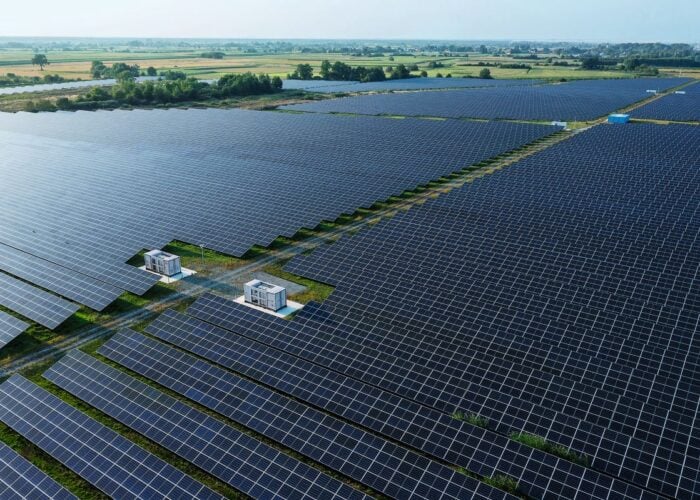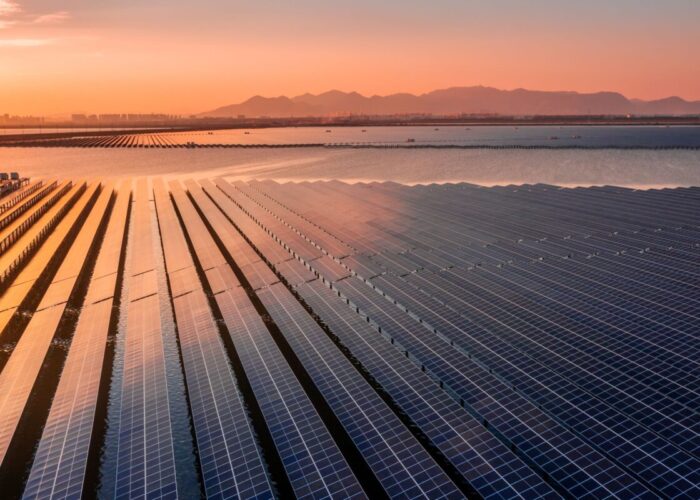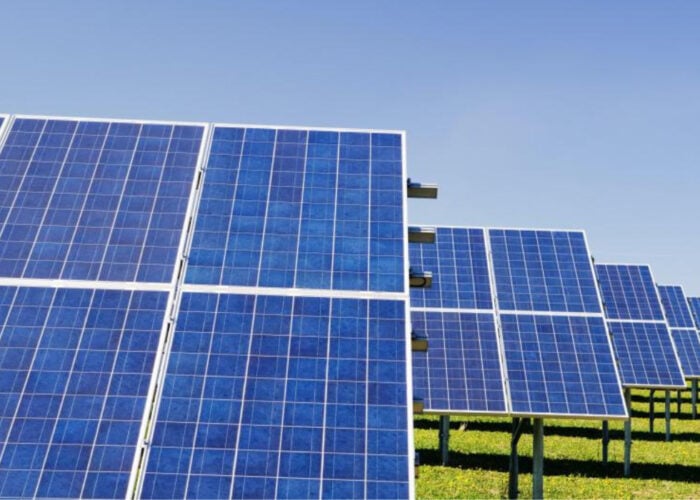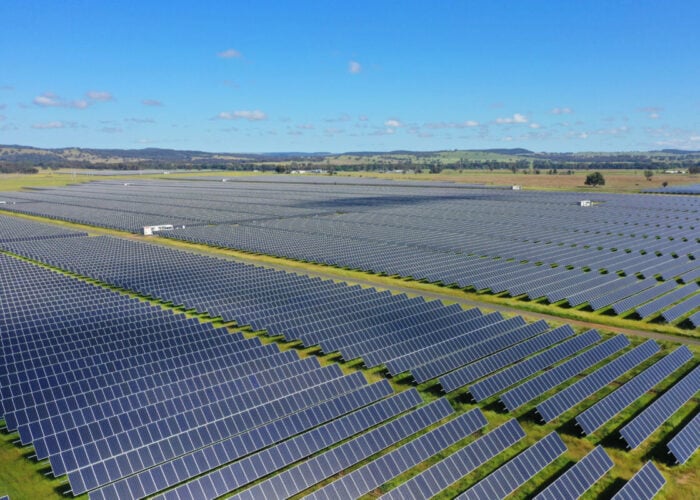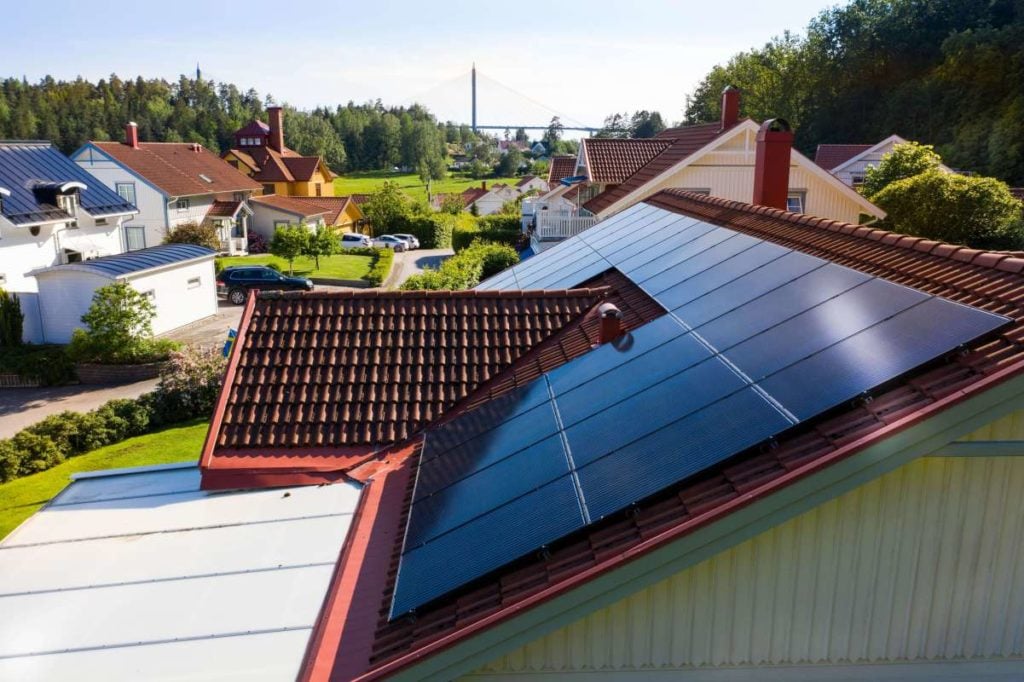
The Dutch government has announced that it will abolish the country’s net metering scheme for residential solar by 2027.
The decision has been forecast for some months and was welcomed today by Holland Solar, the Dutch solar association, which acknowledged that the current scheme is “no longer sustainable”.
Unlock unlimited access for 12 whole months of distinctive global analysis
Photovoltaics International is now included.
- Regular insight and analysis of the industry’s biggest developments
- In-depth interviews with the industry’s leading figures
- Unlimited digital access to the PV Tech Power journal catalogue
- Unlimited digital access to the Photovoltaics International journal catalogue
- Access to more than 1,000 technical papers
- Discounts on Solar Media’s portfolio of events, in-person and virtual
Or continue reading this article for free
Holland Solar has urged the new cabinet to install incentives to encourage self-consumption of PV capacity to retain the economic benefits of solar adoption. It called for “incentives and standards” that increase the availability of home energy storage options like battery energy storage systems (BESS) or boilers.
It cited research from Dutch consultancies CE Delft and TNO, which said that if the average home used 60% of the electricity it produced from residential solar capacity, the financial incentives for adopting solar would be almost equal to those under the net metering scheme. Currently, homes with solar installations use, on average, around 30% of the electricity they produce.
In a statement, Holland Solar said: “Households are increasingly confronted with feed-in costs charged by energy suppliers to cover the rising costs of the [net metering] scheme. The more a household returns to the electricity grid, the higher these costs become.”
Moreover, the association said that high power capacity feeding in to the grid from net metering customers on sunny days can cause congestion and overload the system. A shift to more residential energy storage could lessen that risk.
When in February this year the Senate rejected a proposal to phase out net metering, Holland Solar made similar arguments. At the time, the association said it would “like to enter into discussions with the government to find solutions for grid congestion on the low-voltage grid caused by net metering.”
A number of countries that introduced favourable conditions for solar adoption in the last two decades are now shifting towards a self-consumption model. Holland Solar said that, in Germany, almost 75% of new residential solar capacity is installed alongside a battery, partly thanks to subsidies that promote self-consumption. Data published in March last year by the German Solar Industry Association (BSW) showed a 52% uptick in domestic solar-plus-storage installations in 2022, which it attributed to high energy prices and greater desire for independence from energy suppliers.
In the US, California has followed a similar pattern with mixed results. While the end of the hugely popular net energy metering (NEM) 2.0 scheme in favour of a net billing tariff, which incentivises residential energy storage, has seen an increase in energy storage installations, solar additions as a whole have declined significantly.

